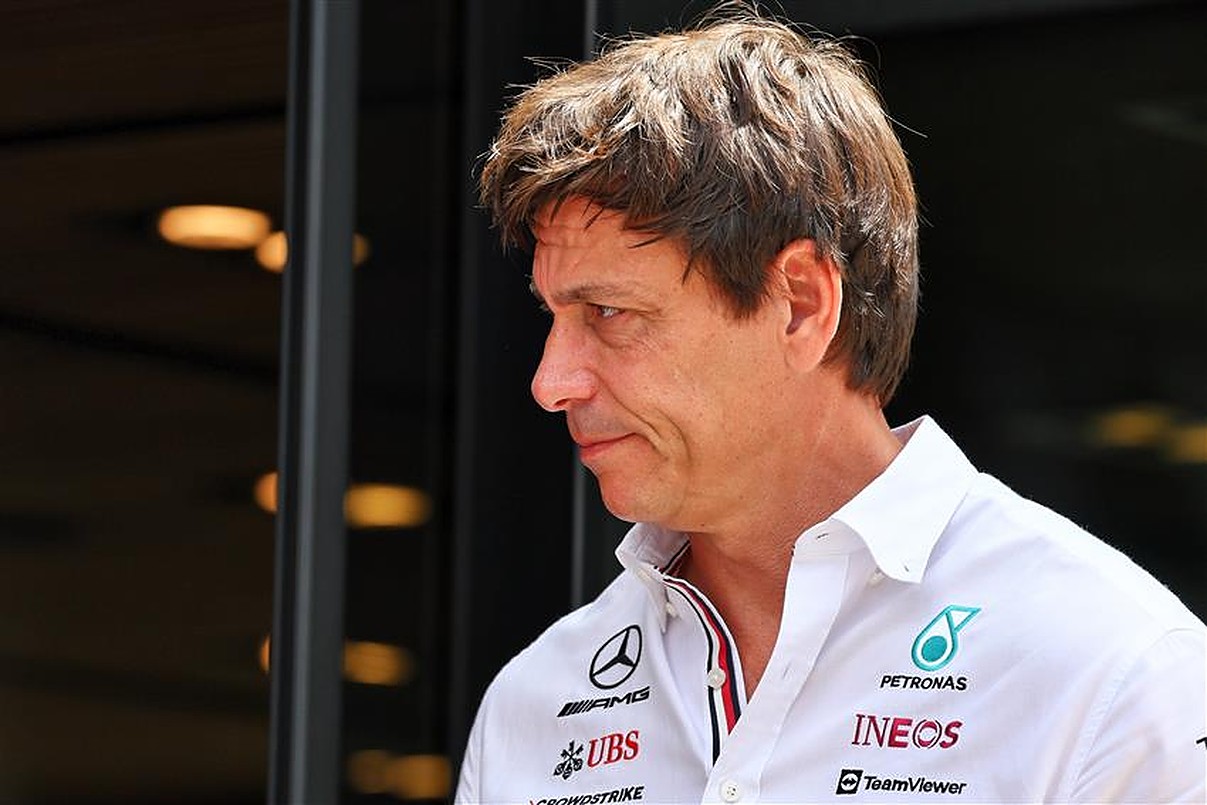Mercedes team principal, Toto Wolff, understands why the engine penalty system is in place, but he would like to try and find better ways of policing power unit usage.
Each driver is allowed three engines per season, and there are limits to how many of each component they are allowed to use too.
The first time they exceed a number of any given part, they are given a 10-place penalty, and then five for each additional item they add to that specific pool of parts.
Those grid penalties accumulate during a weekend depending on how many new parts are added to the pool, to penalties can range anywhere from five places to a back of the grid penalty.

READ: Toto Wolff reacts to Red Bull’s ‘very bold’ strategy
There is a $145 million budget cap imposed on the teams this season, but this applies to the development of the car itself, rather than engine development.
The reason for this is because a lot of the teams themselves do not have control over the manufacture of their engines.
Ferrari, Mercedes, Honda and Renault are the four power unit makers on the grid at present, and the Scuderia, the German side and Alpine already have F1 operations to run.
It would therefore be unfair for them to be more heavily restricted than their customers, so the FIA needed to impose different rules around engines.
Each manufacturer has a limited amount of time they can spend testing the engines, and teams that use too many are then punished with grid penalties.
Were grid penalties not in place, engines would be flying around left, right and centre which, not only would defy the objective of bringing the teams closer together, but would also be completely unsustainable.
“We must remind ourselves why we have that,” said Wolff, quoted by GPFans.
“On the chassis side, we are cost capped. We weren’t before. On the engine side, we are not cost-capped yet.
“If there are no grid penalties, we would have qualifying engines – not five but 20.
“The big teams would spend what they want in order to have an advantage and that is why there needs to be a certain factor that avoids that. That is where it is coming from.”
While the penalty system is arguably too complex, Wolff feels that an overly lenient policy will lead to an overproduction of engines.
“For sure, we need to reconsider when the engine cap kicks in,” he explained.
READ: Toto Wolff opens up on ‘problems we created’, stresses importance of next few weeks
“But still, we don’t want to have an arms race on engines being brought because whatever freedom they give us, we will do it and we will do it even more strategically.
“If it is only five or 10 places, we will blow an engine every race because it is going to be three-tenths [of a second] quicker than the one before, so there needs to be a certain deterrent.”
13 podiums between Sir Lewis Hamilton and George Russell this year have helped Mercedes get to within 35 points of Ferrari in the battle for second in the championship.

